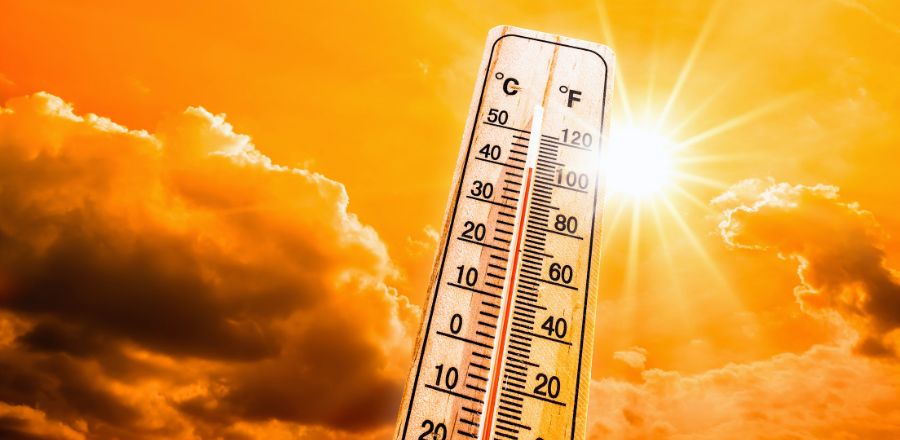
Government, not-for-profit and community groups are joining forces this year to combat widening gaps in health standards and preventable disease in Adelaide’s southern suburbs.
The new project, led by Flinders University’s Southgate Institute of Health, Society and Equity, aims to have far-reaching effects on health and wellbeing – as well as urban and environmental planning – as it brings together experts in four metro councils in Adelaide’s South.
“The community, health and social service organisations are keen to revive health promotion and community wellbeing activities in a coordinated way and our model provides a framework for that,” says Flinders University Professor Fran Baum, director of the Southgate Institute.
“Not surprisingly, the local government areas of Onkaparinga and Marion have the highest variations in socioeconomic status and the highest need for policies and resources to address those inequities, but with the largest reductions in social housing.
“This exacerbates the risk of financial stress from housing costs, the risk of poverty and resulting impacts on health outcomes.
“This is especially true with recent data (in the national Rental Affordability Index) showing that Adelaide is the second-most-unaffordable capital city to rent.”
Unley and Holdfast Shores city councils are also involved in the project.
Professor Baum says a vacuum has opened since funding stalled or froze for community health centres, the Healthy Cities Noarlunga, and other public health initiatives since about 2012.
She says that increasing pressure on public hospitals in the Southern Adelaide region adds to the need to re-invest in effective health promotion to reduce the need for hospital services and encourage health and wellbeing in general.
Launching the new Southern Adelaide Health, Wellbeing and Sustainable Council, the ‘Healthy South’ team and Southgate Institute have outlined a series of strategies to build a better future for people living in the South, including:
- To foster leadership in service providers, government agencies and non-government organisations (NGOs) in the South
- Maintain adequate databases and community consultation to make regular checks on the region, including health status, health inequalities, etc
- Coordinate health promotion and community wellbeing activities in the region
- Advocate for and contribute to healthy urban planning
- Support and resource local governments’ regional public health plans
- Coordinate citizen participation into planning region
- Ensure training and support for the local health promotion workforce, within and outside the health system
- Work with local councils, other relevant agencies, NGOs, and community groups to foster a liveable and sustainable natural and built environment in the region, and reduce the region’s contribution to climate change, e.g. by encouraging renewable energy, public transport, green manufacturing and tree planting.
- Encourage a broader state policy environment to allow health promotion to flourish in Southern Adelaide, including to provide adequate resources and workforce, leadership in health care services and broader governance for health
The Healthy South project was funded by Health Translation SA through the Medical Research Future Fund rapid applied research translation program undertaken in 2019.







